Taiwan must choose: Chinese cash or American freedom
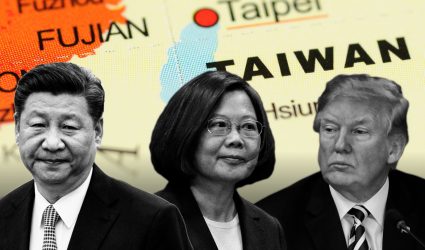
(SCMP) – As the island’s presidential campaign season begins, its troubled relationship with the Chinese mainland will be front and centre stage.
The heat is on in Taiwan as the start of the island’s presidential campaign season looks certain to stir up the already complicated three-way diplomatic dance between Taipei, Beijing and Washington.
The lead-up to the vote in January 2020 will play out against a backdrop of unusually high tension, with hostilities between the two sides of the 100-mile strait increasing at the same time as the United States and China
are clashing on anything and everything from trade and technology to human rights and security.
The presidential front runners are already testing the political waters as they try to build their support bases.
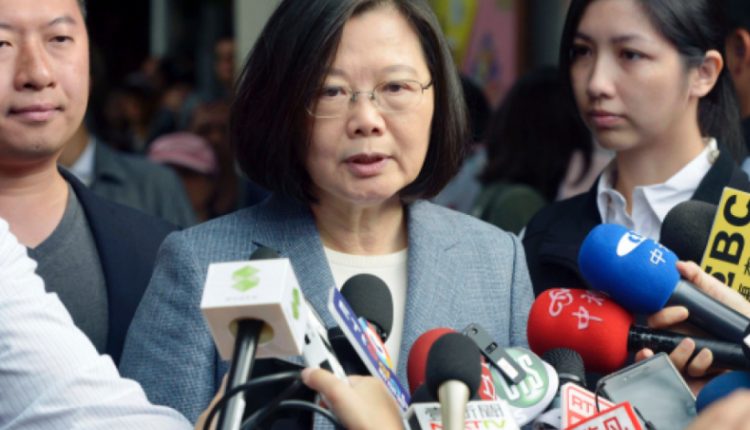
Taiwan’s embattled President Tsai Ing-wen, who is seeking re-election for her pro-independence Democratic Progressive Party (DPP), has been trying to cement ties with Washington with a series of recent publicity offensives.
Tsai used an interview with CNN to announce her nomination campaign, and a stopover in Hawaii last week to speak via Skype to the right-wing Heritage Foundation in Washington. In that interview, she thanked the US for its support of Taiwan and urged it to supply the island with advanced fighter jets that would enable it to counter military intimidation by the Chinese mainland.
> DAP In Crisis: The Penang Undersea Tunnel Corruption Scandal
Meanwhile, Tsai’s potential rival, Kaohsiung Mayor Han Kuo-yu of the opposition Kuomintang (KMT), has been touring mainland China, Hong Kong and Macau to build relationships and seek business contracts for the local economy under his jurisdiction.
Han’s high-profile meetings with senior Chinese officials, including Liu Jieyi, the director of Beijing’s Taiwan Affairs Office, have met a backlash in Taiwan, where most people are sceptical of Beijing on a political level, even if they are China-friendly when it comes to the economy.
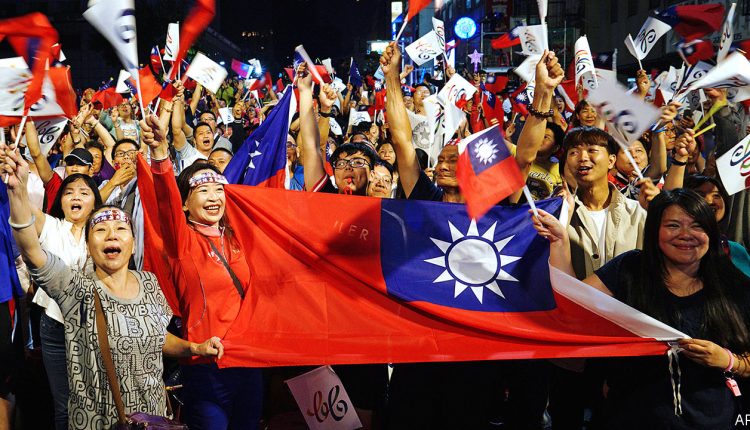
Tsai currently lags challengers from both ends of the political spectrum. Polls suggest she is behind both her former premier William Lai Ching-te, who is known for his anti-Beijing agenda, and various pro-Beijing candidates – including the KMT’s Han and Eric Chu (the former mayor of Taipei) and the independent politician Ko Wen-je, who is the current mayor of Taipei.
Most opinion polls show Han leading all the other candidates, even though he has not officially indicated he will enter the race.
> Tabung Haji’s April Fool’s Joke
The KMT’s chairman Wu Den-yih said last week the party would seek a peace treaty with Beijing if it won the presidency. One poll, however, found the DPP’s Lai had the support of 50 per cent – while Tsai was back on 29 per cent. His popularity is a stunning challenge to the more centrist Tsai administration and its largely popular cross-strait policy.
Of course, all candidates will put the highly sensitive issue of the island’s complicated relations with the mainland at the front and centre of their campaigns.
They will have taken note of how public support for Tsai rose sharply after her outright rejection of Chinese President Xi Jinping’s new year speech, in which he called for Taipei to negotiate reunification with the mainland under the Hong Kong-style formula of “one country, two systems”. The suggestion by Xi is unpopular with most major political institutions – even the Beijing friendly KMT.
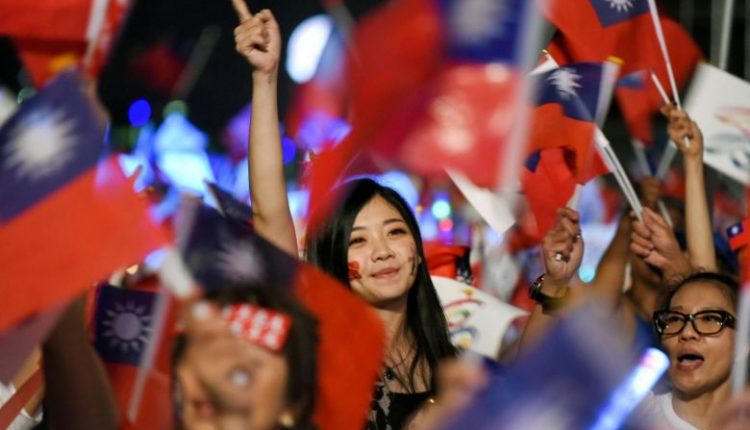
Tsai’s rejection of Xi’s speech sent her approval ratings from 24 per cent in November (just after her party took a drubbing in local elections) to 34.5 per cent in January, according to the Taiwan Public Opinion Foundation.
Inspired by that, Tsai will centre her campaign on rising public suspicion of China, a strategy the DPP has employed successfully before.
> Umno-PAS Needs To Fight Fire With Fire
Regular surveys by the National Chengchi University have found the vast majority of Taiwanese want to maintain their own identity, with only about 3 per cent favouring unification now. Much of the public wants Tsai to stand up to China.
Meanwhile, US President Donald Trump has shown more interest than his predecessors in playing the Taiwan card. For instance, a month after his victory in the 2016 election, Trump took a congratulatory call from Tsai, an action that broke with decades of diplomatic tradition and infuriated Beijing.
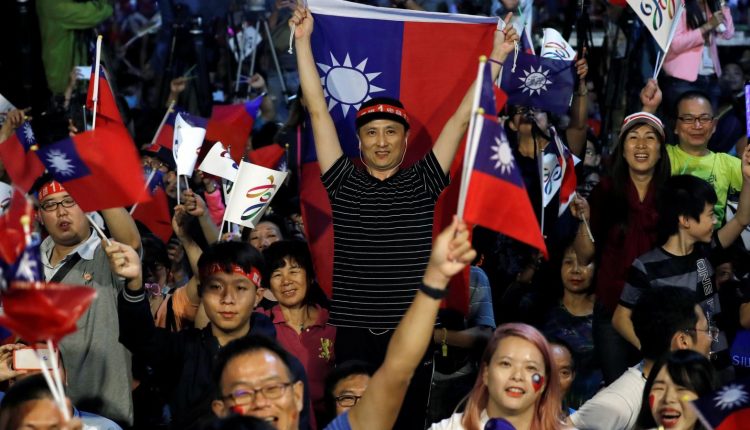
There has also been renewed American calls for a “whole of government” effort to contain the fast rising communist power, which has become more assertive in foreign policy and more repressive in domestic politics in recent years.
Beijing has ramped up its rhetoric and stepped up the diplomatic pressure on Taipei, isolating it internationally. Beijing has also heightened its military intimidation tactics, sending bombers and warships, including its sole aircraft carrier, to encircle the island in displays of force.
Washington’s political calculus is now shifting under an administration staffed by China hawks. In his latest move signalling a new willingness to back the self-ruled island, Trump ordered US warships to undertake more exercises in the Taiwan Strait – boosting patrols from once a year to once a month since January.
Trump is also reportedly close to approving the sale of new F-16V jets to Taiwan. If the deal goes through it would be the first of its kind since 1992 and would be a huge shock for Beijing.
It is clear the strait has become one of the most dangerous flash points for military conflict in the world. For evidence of that, just look to last Sunday, when Taiwan scrambled jets to intercept two People’s Liberation Army J-11 fighter planes that had crossed the median line over the waters separating the island from the mainland. The incident broke a seven-decade old tacit agreement between the two sides.
Taiwanese voters will face a tough choice between the conflicting priorities of economy, security and freedom. Closer ties with Beijing promise economic benefits, while a closer alliance with Washington could guarantee security, sovereign rights and freedom. But whatever they choose, one thing is for sure: the tensions in cross-strait ties are coming to a head.

